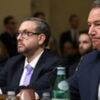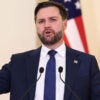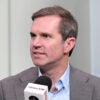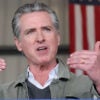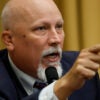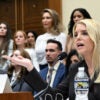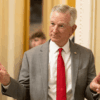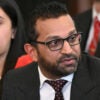After years of discontent with the World Bank, the BRICS (Brazil, Russia, India, China, and South Africa) have agreed to form their own development bank, with additional plans for a “mini-IMF,” or Contingency Reserve Arrangement (CRA).
The BRICS bank would fund mostly infrastructure projects and be equally financed by the five founding countries for the first seven years. The CRA, however, would receive 40 percent of its funding from China.
Theoretically, the new bank would provide easier access to loans to member states and to countries in the developing world. The CRA, modeled after the International Monetary Fund, would help countries counter financial shocks or currency flights with immediate liquidity.
In practice, however, the bank may amount to little more than a political statement. Its main purpose is to serve as a sort of protest against the dominance of Western-based financial institutions, which have often been criticized for their so-called Western-centric, domineering approach to the developing world. Indeed, previous discussions of an alternative bank among the BRICS have cited their financial dependence on the U.S. as the result of a pro-West agenda often referred to as the “Washington Consensus.”
While some are calling the bank a rival to the World Bank, the fledgling bank faces massive hurdles. Corruption is rampant in several member states, particularly China and Russia, calling into question their ability to effectively run a development bank, particularly a supposedly transparent one.
China has already incited concern in fellow member states for its influence over the bank. While a strict $50 billion ceiling has been imposed for initial bank funds, India worries that China’s massive foreign exchange reserves (over $4 trillion) may give Beijing significant political leverage over the new institution.
A BRICS institution might imply member-state solidarity, but it seems that the countries are united by little more than dissatisfaction with the status quo. For now, it seems that the BRICS bank won’t be much of a rival to the free-market-driven World Bank.
D. Gerard Gayou is currently a member of the Young Leaders Program at The Heritage Foundation. For more information on interning at Heritage, pleaseclick here.

